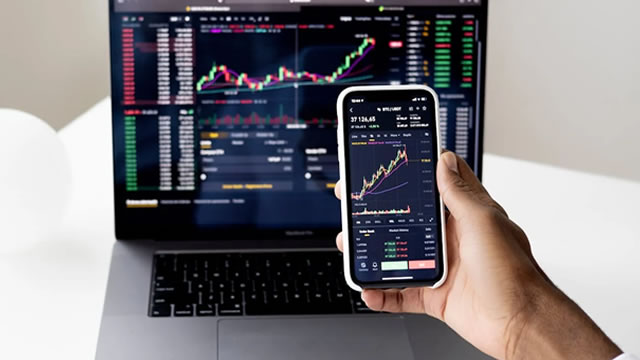Bracing for Volatility: The Looming Impact of Tariffs and Inflation on Global Markets in 2025
According to the latest survey conducted by JPMorgan Chase among institutional trading clients, traders around the world are anticipating that tariffs and inflation will be the primary drivers of market volatility in the year 2025. This revelation comes as no surprise, given the increasing global tensions and economic instability that have been brewing in recent years.
The Global Economic Impact of Tariffs
Tariffs, which are taxes imposed on imported goods, have been a contentious issue in international trade for decades. However, their usage has seen a resurgence in recent times, with countries employing them as a tool to protect their domestic industries and bolster their economies. The ever-escalating trade war between the United States and China is a prime example of this trend.
The economic consequences of tariffs can be far-reaching and complex. On the one hand, they can help protect domestic industries by making imported goods more expensive, thereby encouraging the production and consumption of domestically produced goods. On the other hand, they can also lead to higher prices for consumers, as the costs of the tariffs are ultimately passed on to consumers in the form of higher prices for goods and services.
The Role of Inflation in Market Volatility
Inflation, which is the rate at which the general price level of goods and services is rising, is another major concern for traders and investors. Inflation erodes the purchasing power of money, making it more difficult for individuals and businesses to afford the same goods and services they could previously. Moreover, it can also lead to increased volatility in financial markets, as investors seek to protect their investments from the eroding value of their money.
The causes of inflation are varied and complex. They can be driven by supply and demand imbalances, monetary policy, or geopolitical factors, among other things. In the context of the global economy, inflation can have significant ripple effects, as it can lead to increased interest rates, currency devaluations, and reduced economic growth.
The Impact on Individuals: Rising Costs and Reduced Purchasing Power
For individuals, the impact of tariffs and inflation can be felt in the form of higher prices for goods and services. This can lead to reduced purchasing power, as the same amount of money buys fewer goods and services over time. Moreover, it can also lead to increased financial stress, particularly for those on fixed incomes or living paycheck to paycheck.
The Impact on the World: Geopolitical Tensions and Economic Instability
On a larger scale, the impact of tariffs and inflation on global markets can lead to geopolitical tensions and economic instability. Trade wars between major economic powers can disrupt global supply chains, leading to shortages of key commodities and raw materials. Moreover, inflation can also lead to currency devaluations, which can further exacerbate economic instability and fuel inflationary pressures in other countries.
Conclusion: Adapting to a Volatile Global Economy
In conclusion, the looming impact of tariffs and inflation on global markets in 2025 is a cause for concern for traders and investors alike. The economic consequences of these trends can be far-reaching and complex, affecting individuals and businesses around the world. As we brace for a volatile global economy, it is essential that we stay informed and adapt to the changing economic landscape. This may involve diversifying our investments, seeking out inflation-protected assets, and staying abreast of global economic developments.
- Tariffs and inflation are expected to be the primary drivers of market volatility in 2025, according to a survey of institutional trading clients by JPMorgan Chase.
- Tariffs can protect domestic industries but also lead to higher prices for consumers.
- Inflation erodes the purchasing power of money and can lead to increased volatility in financial markets.
- Individuals may experience reduced purchasing power and increased financial stress.
- Geopolitical tensions and economic instability can result from tariffs and inflation.
- Staying informed and adapting to the changing economic landscape is essential.





